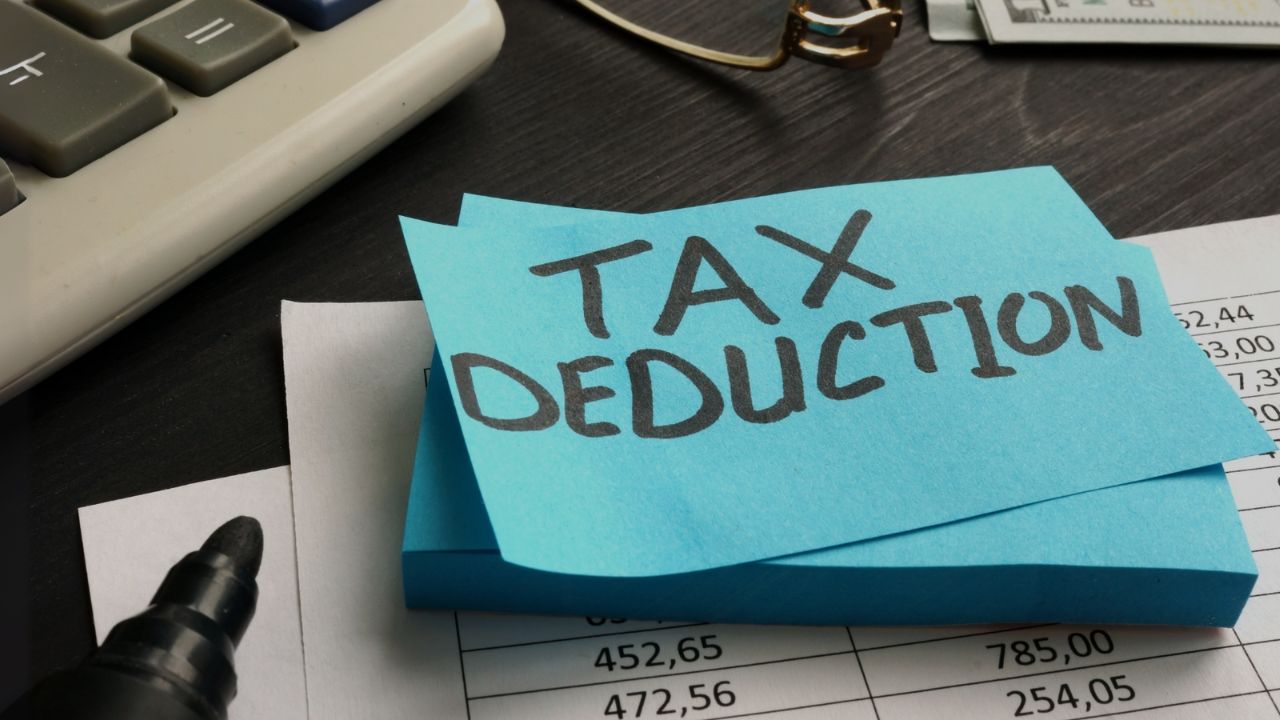Springfield, IL — Illinois retirees aged 65 and over have access to valuable tax breaks that can significantly reduce their taxable income. Between state-specific exemptions and newly enhanced federal deductions, seniors could see major savings starting in 2025.
Understanding how these benefits work—and how to strategically combine them—can make a real difference in retirement budgeting.
Illinois State Personal Exemptions for Seniors
Unlike many states, Illinois does not offer a standard deduction on its income tax. Instead, it provides a personal exemption of $2,850 per taxpayer for the 2025 tax year, which also applies to spouses and dependents. Seniors who are 65 or older, or legally blind, receive an additional $1,000 exemption, as outlined by the Illinois Department of Revenue.
However, these exemptions are income-limited. They phase out for those with a federal adjusted gross income above $250,000 for single filers or $500,000 for married couples filing jointly. This means higher-income retirees may not benefit from these state-specific breaks, but middle- and lower-income seniors can see a substantial reduction in their taxable income.
Federal Enhancements Under the OBBBA
While Illinois doesn’t expand its deductions further, seniors can still benefit from federal changes introduced in the “One Big Beautiful Bill Act” (OBBBA). The new provisions, in effect from 2025 through 2028, permanently increase the standard deduction to $15,750 for singles and $31,500 for joint filers, as detailed by the University of Illinois Tax School.
A key feature is the “senior bonus” deduction of $6,000 per qualifying individual (or $12,000 for couples), which is added on top of the base standard deduction and the usual age-based addition.
For example:
- A single taxpayer aged 65 or older could combine:
- Base standard deduction: $15,750
- Age-based addition: $2,000
- Senior bonus: $6,000
Total federal deduction: $23,750
- A married couple where both spouses are 65 or older could see:
- Base standard deduction: $31,500
- Age-based addition: $4,000
- Senior bonus: $12,000
Total federal deduction: $46,700
As Kiplinger explains, these figures can create meaningful tax relief, especially for retirees living on fixed incomes.
Why This Matters for Illinois Seniors
Combining state exemptions with federal enhancements can lead to significant savings, particularly for middle-income retirees. Those earning below $75,000 (single) or $150,000 (joint) are in the best position to take advantage of the full bonus deduction.
“This bonus deduction effectively reduces taxable income while providing the relief many seniors have long asked for,” tax experts note, adding that it mirrors earlier proposals to reduce or eliminate taxes on Social Security benefits.
Because Illinois does not tax Social Security benefits and also exempts most retirement income (such as pensions, 401(k) distributions, and IRAs), the combined effect of these policies is that many seniors will owe little to no state income tax at all.
Read Also: Understanding the Pennsylvania Extra Standard Deduction for Seniors Over 65
Planning Ahead for Maximum Savings
To make the most of these opportunities, Illinois seniors should:
- Coordinate retirement withdrawals to remain under income phase-out thresholds.
- Time pension distributions to avoid pushing themselves into higher brackets.
- Use Roth conversions strategically to minimize future taxable income.
- Claim all eligible credits such as the Illinois property tax credit or the federal Saver’s Credit for late-life IRA contributions.
The IRS emphasizes that proactive planning around these deductions can save retirees thousands of dollars over the four-year span of the OBBBA provisions.
Summary Table
| Deduction Type | Single (65+) | Married (Both 65+) |
|---|---|---|
| IL Personal Exemption | $2,850 | $5,700 |
| IL Senior Extra | +$1,000 | +$2,000 |
| Federal Base Standard Deduction | $15,750 | $31,500 |
| Federal Senior Bonus | $6,000 | $12,000 |
| Total Potential Deductions | $25,600 | $51,200 |
The Bigger Picture
Illinois seniors benefit from a rare combination: a state that does not tax most retirement income and new federal rules that make deductions more generous. This combination can help protect savings, stretch Social Security benefits further, and reduce financial stress.
For those entering retirement in the next few years, it’s worth meeting with a tax professional to ensure every eligible deduction and exemption is being claimed. Even modest adjustments to income and withdrawals can preserve thousands in retirement funds.
Final Thoughts
Illinois seniors stand to gain from state exemptions, federal deduction boosts, and the state’s retirement-friendly tax laws. With careful planning, retirees can take full advantage of these benefits and keep more of their income—making retirement in Illinois more affordable than ever.
What’s your take on these new tax changes for seniors? Share your thoughts in the comments—and for more retirement planning tips, visit ibwhsmag.com.


 by
by 

